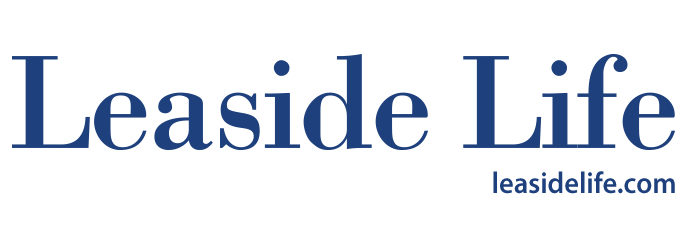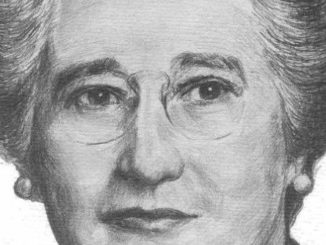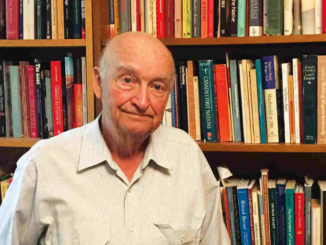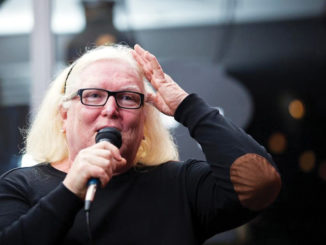
This is part of a series of occasional articles about famous people raised in Leaside who now live elsewhere.
Bill McKibben is an author, educator and environmentalist listed as one of the world’s 100 most important global thinkers. He’s perhaps best-known as the 2014 winner of the Right Livelihood Prize (the ‘alternative Nobel’). He’s the author of the world’s first book about climate change for a general audience (The End of Nature), and founded the first global grassroots climate change movement (350.org). Spearheading the resistance to the Keystone pipeline, 350.org organized more than 20,000 rallies in every country in the world except North Korea.
Though today McKibben lives in Vermont with his wife, author Sue Halpern, he spent several of his childhood years in Leaside, when his father took a job as Canadian bureau chief for Business Week magazine. Living in a house on Brentcliffe, McKibben attended Northlea Elementary School a year ahead of former Prime Minister Stephen Harper.
Leaside Life recently caught up with McKibben to ask some questions:
What was it like to live in Leaside as a child in the 1960s?
It was a really wonderful place. I remember every night getting together with the other kids in the neighbourhood for epic games of Red Rover and British Bulldog, with no parents around – just hours of playing. Lots of street hockey too, of course.
And the parks were the glory of the neighbourhood. We were near the entrance of Serena Gundy Park. It had what seemed at the time like an endless and steep toboggan hill where we spent many hours on any snowy day.
How was your experience of Northlea Elementary?
I was a little intimidated my first day at Northlea – I’d never been in a building with separate entrances for boys and girls, and since I was coming from the States it bewildered me to get in trouble for not taking my cap off. (I was told by the principal that it showed disrespect to the Queen.)
But I soon found great friends – David Smith, Bruce Crawford, Roddy Rennick, David Occhapinti, Billy Osborne, and many more.
In those days, Northlea had very definite seasons – somehow, for instance, everyone knew the day when marbles season started and stopped.
Though you didn’t know Stephen Harper in school, how do you think Canada fared with him in the Prime Minister’s Office?
I thought Canada went from being a place that helped solve the world’s problems to being a place that helped cause them. Watching him throw out the country’s environmental regulations, for instance, because they got in the way of expanding the Tar Sands reminded me too much of the reign of George Bush in my country.
I worried that Canada had shifted a lot from my memories of the 1960s (the career of Toronto Mayor Ford also helped foster those fears).
It was a pleasure for much of the world, I think, to watch Canada change course in this last election and go back to its traditional stance in the world.
How did your time in Leaside effect your life afterward?
I took back to the States a lingering sense of Canadians taking seriously the idea of community.
In those days anyway, a kid could cross the street in Toronto just by holding out his hand – you could make a kind of invisible crosswalk. Back in the States that almost got me run over about three times in the first week.
It was a wonderful place to grow up, and I think it shaped me in profound ways. I’m awfully grateful to have been there as a ‘landed immigrant’ for a little while, and always overjoyed to be back for a visit.
I’m told my parents should have held on to our little house – that they’d be rich now!




